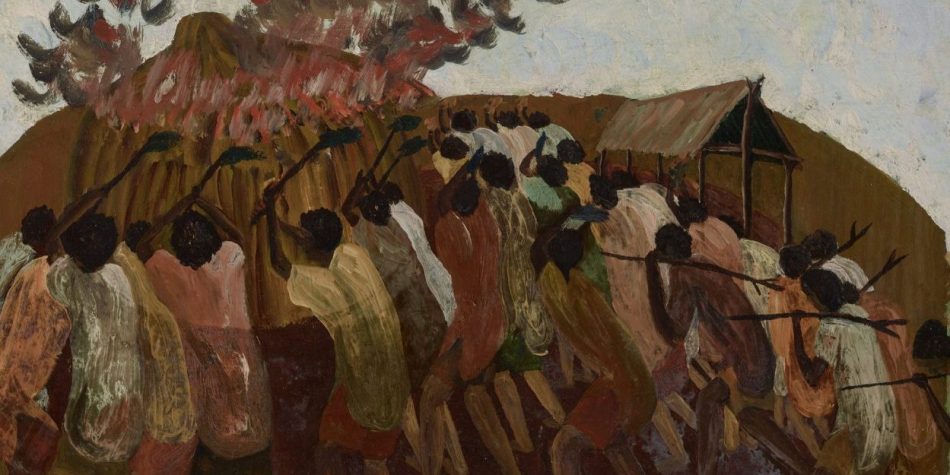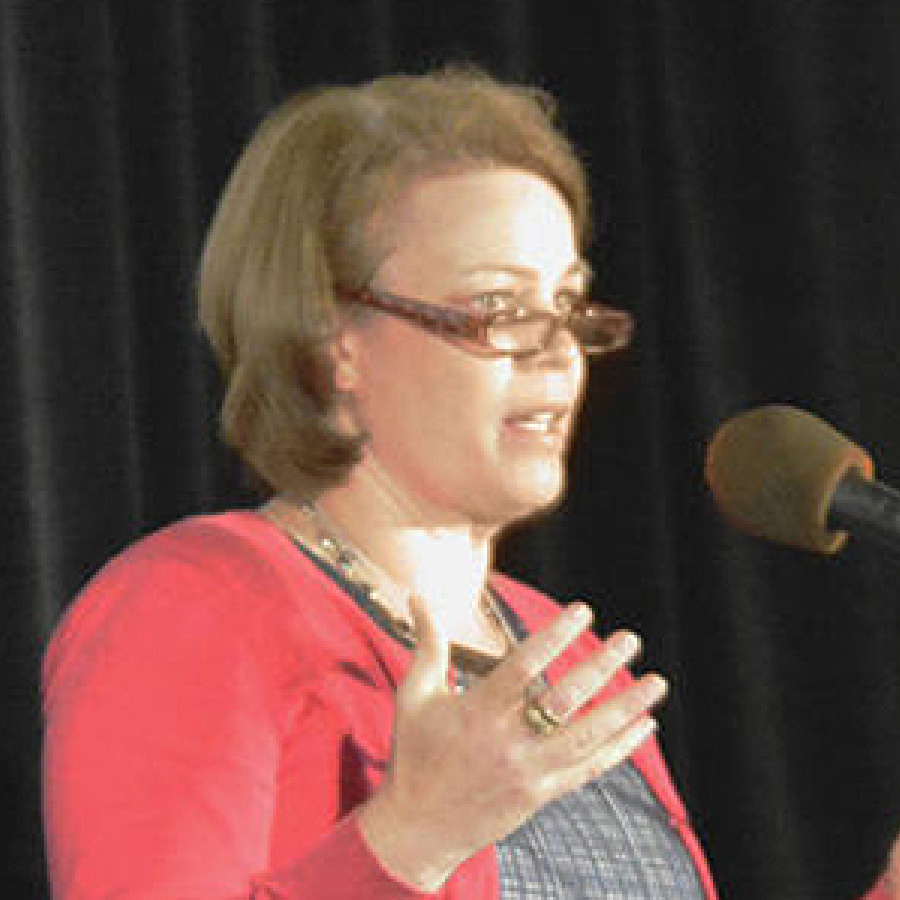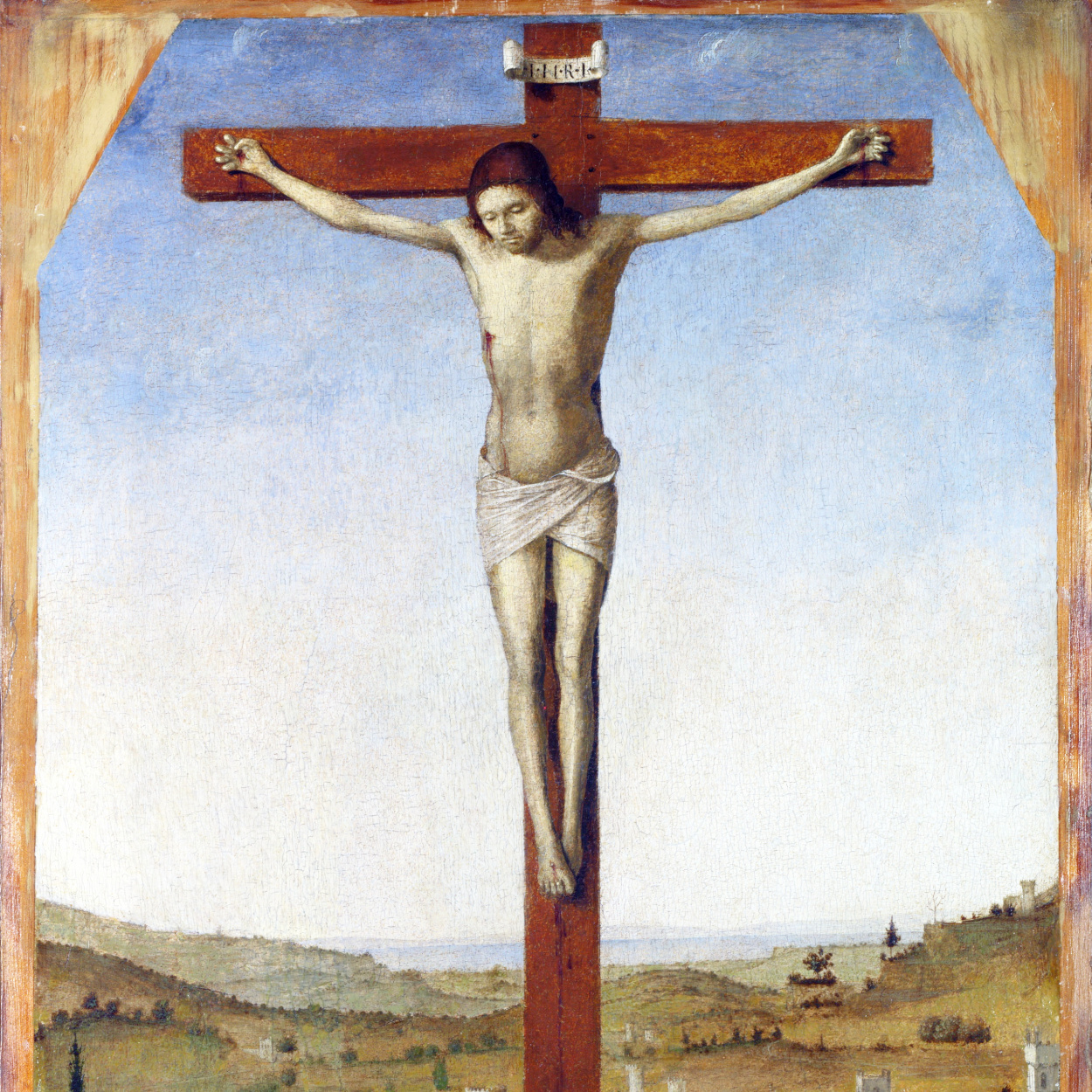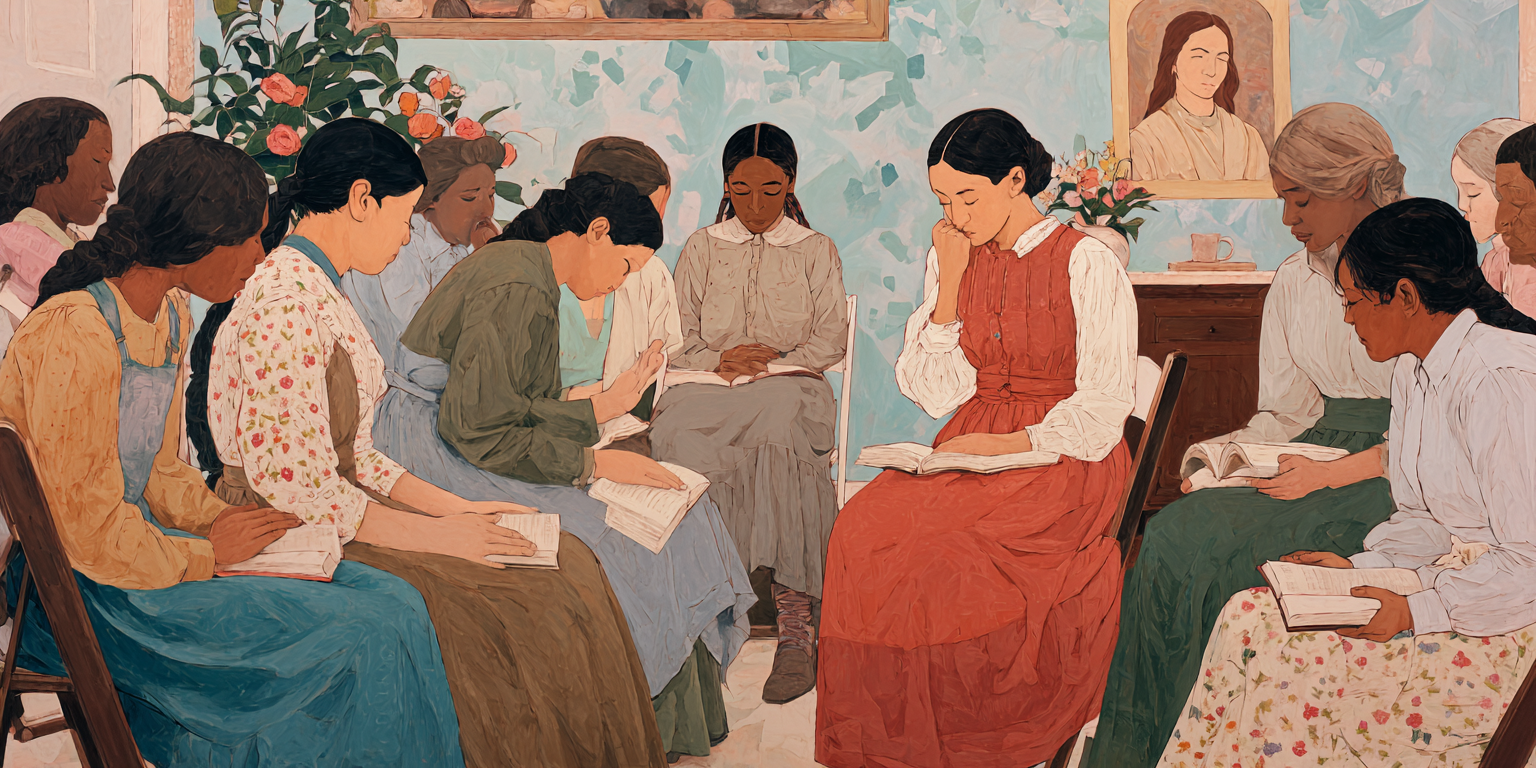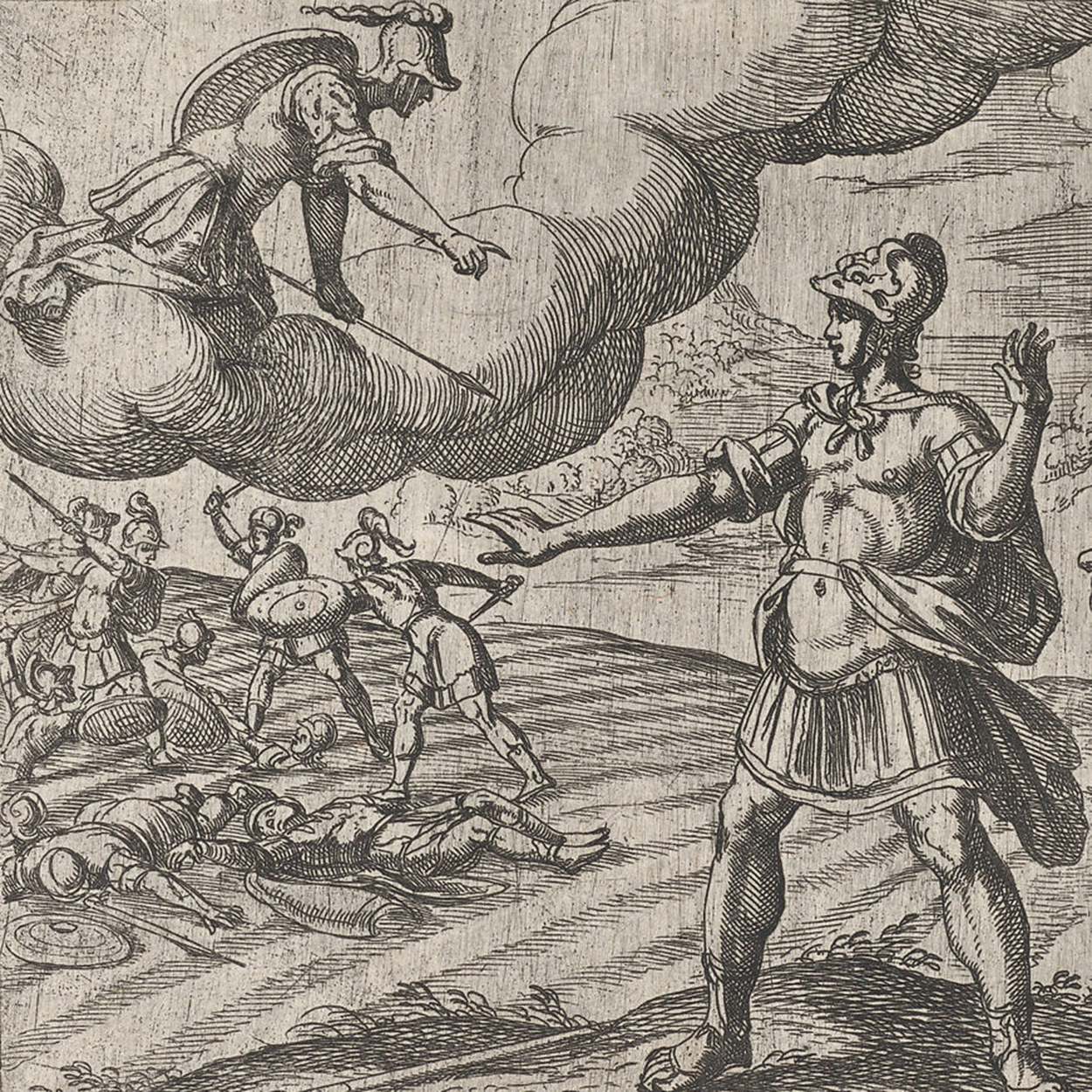Over 80 years after the Declaration of Independence was signed on July 4, 1776, the 1860 census documented 3,953,762 slaves within the boundaries of the United States of America – forcibly removed from many parts of Africa.
Eight years before that census, Frederick Douglass was invited to speak at an event in Rochester, New York commemorating the signing of the Declaration of Independence. Having escaped slavery in 1838 at age 21, and in view of the continued, horrific bondage of his people, his words that day were fittingly stark and poignant, “Are the great principles of political freedom and of natural justice, embodied in that Declaration of Independence, extended to us?”
His ensuing remarks echo for Latter-day Saints the ancient prophet Jacob’s pain at having to address a deadly sin he dearly wished did not exist:
Would to God, both for your sakes and ours, that an affirmative answer could be truthfully returned to these questions! Then would my task be light, and my burden easy and delightful. For who is there so cold, that a nation’s sympathy could not warm him? Who so obdurate and dead to the claims of gratitude, that would not thankfully acknowledge such priceless benefits? Who so stolid and selfish, that would not give his voice to swell the hallelujahs of a nation’s jubilee, when the chains of servitude had been torn from his limbs?
Speaking in behalf of his enslaved brothers and sisters, Douglass continued:
I am not that man. . . . I say it with a sad sense of the disparity between us. I am not included within the pale of this glorious anniversary! Your high independence only reveals the immeasurable distance between us. The blessings in which you, this day, rejoice, are not enjoyed in common. The rich inheritance of justice, liberty, prosperity and independence, bequeathed by your fathers, is shared by you, not by me. The sunlight that brought life and healing to you, has brought stripes and death to me. This Fourth [of] July is yours, not mine. You may rejoice, I must mourn. To drag a man in fetters into the grand illuminated temple of liberty, and call upon him to join you in joyous anthems, were inhuman mockery and sacrilegious irony. Do you mean, citizens, to mock me, by asking me to speak to-day?
White Americans sometimes feel confused or defensive to learn that African-Americans don’t always feel as enthusiastic about our nation’s founding history.
This is why. That very disconnect Frederick Douglass called out in 1852 should always have been more a part of our discussion about our nation’s birth and early years—a historic oversight that underscores the legitimacy of a collective sense of something that needs to be made right in America.
Remembering the bondage. Many Americans are only now discovering how, even after the emancipation process, deep bigotry led many leaders especially in the South (but also in the North) to create structures that made it far more difficult for black families to experience the same prosperity and freedom as others—a painful, historical reality that helps explain why so many see this legacy of oppression continuing to influence the African-American community in the decades since that time.
Now that black Americans have been freed for 155 years, University of Texas at Austin professor Daina Ramey Berry points out that this means “most Americans are only two to three generations away from slavery. This is not that long ago.” After noting the persistence of both wealth and economic deprivation generated from slavery over family generations, Dr. Berry adds, “American slavery happened – we are still living with its consequences. I believe we are finally ready to face it, learn about it and acknowledge its significance to American history.”
Such voices ought to be welcomed in their call to more fully acknowledge the rippling influence of this painful past and confront its consequences over our history. Even now, many Americans are just learning of the Tulsa race riots, the 4,000+ lynchings targeting African-Americans and restrictive housing policies enforced by the U.S. government (Richard Rothstein’s “Color of Law”). The privileges afforded white Americans have been consistently more elusive to African-Americans even in our current generations.
Surely then, when considering both the immense personal cost of slavery for millions throughout our history and the ways it has measurably rippled in its effects through generations, calls for a deeper sense of mourning for what that meant then (and even now) could potentially be an enriching conversation that teaches us all – and refines our actions moving forward.
Harriet Hill recollected in a 1930’s interview how “I was sold away from mammy at three years old…. “I remembers it! Like selling a calf from the cow.” She told her interviewer “We are human beings” – and even as an old woman she added, “I never could forget it.”
Although it’s true that grieving happens in many different ways, it’s also true that not all grieving is productive.
We should not forget it either. Calls to remember the “bondage” and “captivity of your fathers” show up multiple times in the Book of Mormon – as a crucial backdrop out of which the joys of redemption can be fully appreciated.
How exactly to go about all this remembering and mourning is a crucial question, though. Although it’s true that grieving happens in many different ways, it’s also true that not all grieving is productive – as evident in some of the rage and despair in American streets over recent months.
As we even see statues to some of our nation’s founding leaders torn down, we’re forced to ask ourselves questions such as: Does this country’s failure to fully put into practice the lofty aspirations of 1776 (not only in 1860, but many decades thereafter) somehow void those early ideals? Does such failure expose these ideals as somehow fraudulent at heart—covering over the true foundation on which this nation was birthed?
American history retold. More and more people are answering these questions affirmatively—proposing a new vision of America’s own foundations as indelibly and inescapably tainted by slavery. For instance, a group of progressive scholars recently suggested that Americans ought to reframe their view of early founding events, such as “Monticello, where an enslaved woman fetched future-President Thomas Jefferson the lamp by which he framed God’s inalienable human rights, and to Constitution Hall, where the founders secured ‘the blessings of liberty for ourselves and our posterity’ by compromising with racial tyranny.”
Professor Kihana Miraya Ross from Northwestern University went so far as to say that America “anti-blackness is endemic to, and is central to how all of us make sense of the social, economic, historical and cultural dimensions of human life”—proposing, “there has never been a moment in this country’s history where this kind of treatment has not been the reality for black people.” Referring to George Floyd’s death, she insisted his “brutal killing is not an exception, but rather, it is the rule in a nation that literally made black people into things”—and argued that, indeed, “the thingification of black people is a fundamental component of the identity of this nation.”
Not an exception. Never been a moment. Fundamental component of [our] identity.
Elaborating Ross’s argument, Peter Hornbein writes that the two founding pillars of America are “systemic racism” and “white supremacy”—before concluding “These pillars of oppression are deep-seated and form the foundation of the American psyche.”
Ouch! Charles Blow has similarly described the constitution as originally written as “a thoroughly racist document, with its three-fifths rule and the effective establishment of the Electoral College, a move to placate slave owners.” (While there’s no denying the troubling racial dimensions of some of this history, others have pointed out the 5/8th person compromise was strategic on the part of northerners precisely to reduce the power of slave states and set the stage for future abolition—even while bringing these states into the nascent union).
Such nuance, however, does not capture much attention in America today. Indeed, from the vantage point of these popular voices, the story of the African-American people is not one of slow progress, and setbacks—but of “400 years of black suffering—of our unremitting interminable pain, rage and exhaustion”—leading many to conclude that our current American system offers little if any hope for those who have black skin. Thus, the pastor at Rayshard Brooks’s funeral said the man had fallen victim to a system that did not offer “a real shot at redemption.”
The most visible and influential manifestation of this more cynical view of American history is the New York Times’s “1619 Project,” reflected in its proposal that slavery’s arrival on these soils is the true birthday of America and in its claim that “anti-black racism runs in the very DNA of this country.”
Several of the assumptions behind the 1619 project have been critiqued—especially the notion that America’s Founding Fathers were centrally motivated in revolting from Britain to create a country “in order to ensure slavery would continue.”
“This is not true,” writes a group of prominent historians in rebuke. “If supportable, the allegation would be astounding — yet every statement offered by the project to validate it is false.” They go on to say: “These errors, which concern major events, cannot be described as interpretation or ‘framing.’ They are matters of verifiable fact, which are the foundation of both honest scholarship and honest journalism.” (For more, see historian Leslie Harris’ Politico essay, “I Helped Fact-Check the 1619 Project. The Times Ignored Me”).
As these historians go on to acknowledge, slavery is a painful part of world history that has far too often been overlooked – including in its tragic ubiquity. As another historian points out, “Slavery was not unique to the United States; it is a part of almost every nation’s history, from Greek and Roman civilizations to contemporary forms of human trafficking.” In proportion to other countries, “Slaves brought to the United States represented about 3.6 percent of the total number of Africans transported to the New World, or around 388,000 people.” Although still clearly tragic, this was measurably “less than the number transported to colonies in the Caribbean (including more than 1.2 million to Jamaica alone) or to Brazil (4.8 million).”
Rather than minimizing the epic trauma on our own soil, in our own history, this helps provide a little more balancing context. Despite such calls for greater balance in the 1619 Project, however, its creators have unfortunately rejected any need to amend or revise – and are actively working to make instructional content and curricula based on the project available to public schools that convey, in the words of these critical historians, a “new version of American history in which slavery and white supremacy become the dominant organizing themes.”
Rot doesn’t deserve reform. Laying aside such historical inaccuracies, it follows that if you embrace this larger narrative as the true story of America’s founding, you believe other things about what ought to happen next. Specific problem definitions always do yield specific solution definitions.
Thus, the same group of progressive scholars cited earlier asserts the solutions to all this run deeper than what many Americans are comfortable with: “Our national history and character carved these scars into our body politic. Policy tinkering will not heal them. If we are to understand the pressing need for radical reconstruction of our nation in this moment, we must look back to see how 400 years of compromises with white supremacy brought us to this place.”
After suggesting that “all of the problems we’re seeing – their foundation lies in our racist history as a country that’s never been reconciled,” filmmaker Ava DuVernay argues for the need to “try to dismantle these systems” – concluding forcefully, “We have to get out of the framework, the way of thinking, that any of this is salvageable—because it’s truly not—it’s built on a rotten foundation.”
Rotten. Not salvageable.
Time to “dismantle” the whole thing?
It’s this mentality leading surprising numbers to call for a boycott of the 4th of July, with a rally planned at the Washington monument on independence day advertised as “to hell with the 4th of July” and heralding in “the birth of a new nation.”
In addition to being the perfect re-election campaign slogan for President Donald Trump, such denial of and revulsion towards everything sacred about our country’s history is more than terrifying to a large part of the country – even an attack on the deepest and most important foundations of so much we hold dear.
Is there another way?
The middle path for America. Buddhists speak of the wisdom of a “middle path” that avoids hewing to extremes on either side – and instead, seeks the power often found in liminal spaces that are neither here or there. What would that look like for America today?
For instance, could there be a way to acknowledge these horrors of the past, without denying the inspired aspirations and and vision of our founders? Is there a way to value revolution as an almost archetypal American passion that validates the desire for ongoing, even fundamental change, without rejecting the causes that prompted the original revolution pursued by the Founders?
Frederick Douglass sure believed so. In the same talk cited earlier, this man who knew in his own blood and bones the horror of slavery had this to say about the Founders of the American system:
Fellow Citizens, I am not wanting in respect for the fathers of this republic. The signers of the Declaration of Independence were brave men. They were great men too . . . It does not often happen to a nation to raise, at one time, such a number of truly great men. . . He who will, intelligently, lay down his life for his country, is a man whom it is not in human nature to despise. Your fathers staked their lives, their fortunes, and their sacred honor, on the cause of their country.
Douglass continued, drawing out the extent to which America’s founding ideals opposed tyranny, oppression and bondage:
They were peace men; but they preferred revolution to peaceful submission to bondage. They were quiet men; but they did not shrink from agitating against oppression. They showed forbearance; but that they knew its limits. They believed in order; but not in the order of tyranny. With them, nothing was “settled” that was not right. With them, justice, liberty and humanity were “final;” not slavery and oppression. You may well cherish the memory of such men. They were great in their day and generation. Their solid manhood stands out the more as we contrast it with these degenerate times. How circumspect, exact and proportionate were all their movements! How unlike the politicians of an hour! Their statesmanship looked beyond the passing moment, and stretched away in strength into the distant future. They seized upon eternal principles, and set a glorious example in their defense. Mark them!
Even right alongside this lofty evaluation of these founding leaders, Douglass went on to acknowledge, “The point from which I am compelled to view them is not, certainly, the most favorable; and yet I cannot contemplate their great deeds with less than admiration. They were statesmen, patriots and heroes, and for the good they did, and the principles they contended for, I will unite with you to honor their memory.”
The powerful combination of both painful acknowledgements and respectful memory is evident in Douglass remarkable speech (listen to the whole talk narrated here) – one which allows both good and evil to be remembered. Such complexity was also evident in sentiments Martin Luther King Jr. shared 100 years later:
One day the South will know that when these disinherited children of God sat down at lunch counters, they were in reality standing up for what is best in the American dream and for the most sacred values in our Judaeo-Christian heritage, thereby bringing our nation back to those great wells of democracy which were dug deep by the founding fathers in their formulation of the Constitution and the Declaration of Independence.
Dr. King continued “We will reach the goal of freedom in Birmingham and all over the nation, because the goal of America is freedom. Abused and scorned though we may be, our destiny is tied up with America’s destiny.”
Referring to this quote, respected African-American author Robert L. Woodson suggested that this revered civil rights leader, “Driven as he was to see blacks share fully in the American dream…. believed in the promise of America. In fact, he helped to fulfill it.” Given that aspiration toward “full participation in America,” Woodson went on on to suggest that Dr. King “would never have indulged today’s grievance-based identity politics, whose social-justice warriors use race as a battering ram against the country” – and that he specifically “would have refused to participate in today’s identity politics gamesmanship because it frames its grievances in opposition to the American principles of freedom and equality that he sought to redeem.”
It was these foundational principles he upheld, Woodson emphasized, and “sought to destroy only what got in the way of delivering the promise of life, liberty and the pursuit of happiness, as well as the recognition that all men are created equal.”
Imagine if such recognitions could guide our own public deliberations about race and freedom in America today? What would it mean if movements towards racial reconciliation in our country today could acknowledge (right alongside all the painful confrontations) something sacred and precious enough to be preserved in our founding story as a country?
As the U.S. government allowed the Latter-day Saint people to be driven from their homes, Joseph Smith was unjustly incarcerated in Clay County, Missouri – at a place called “Liberty Jail.” Despite the government’s failure to preserve the basic constitutional freedom of religion to the fledgling religious group, Joseph Smith wrote from this dark prison: “The Constitution of the United States is a glorious standard; it is founded in the wisdom of God. It is a heavenly banner” (History of the Church 3:304).
On another occasion, Joseph taught the Lord had revealed to him, “I established the Constitution of this land, by the hands of wise men whom I raised up unto this very purpose, and redeemed the land by the shedding of blood.”
Why were these “laws and constitution of the people” established – and why should they be “maintained”?
“For the rights and protection of all flesh, according to just and holy principles,” the scripture continues.
All flesh.
Since its inception, the U.S. Constitution has been a standard—a standard for countless countries to reinvent themselves as Constitutional Democracies. Constitutional Democracies—with varying levels of success—inspired to protect individual rights and liberties of citizens. And although it has taken a significant amount of time for the U.S. Constitution to catch up to its most fundamental aspirations of equality (with plenty of room for improvement), it is widely acknowledged that the example of the American Constitution was a spark and impetus for a worldwide democratic revolution that has happened over the subsequent centuries.
As many have pointed out, these core constitutional principles also laid the foundation on which those rights and protection have been eventually extended to all men and women too. That seems to be what Joseph Smith anticipated even from his prison cell. And it’s something that Frederick Douglass could attest to even while witnessing the current slavery of his own people. In that moment, Douglass refused to malign the founders as mere “slavers” and instead, modeled the kind of nuance we could still embody today in his description of these early revolutionaries:
Reverently appealing to heaven to attest their sincerity, soundly comprehending the solemn responsibility they were about to assume, wisely measuring the terrible odds against them, your fathers, the fathers of this republic, did, most deliberately, under the inspiration of a glorious patriotism, and with a sublime faith in the great principles of justice and freedom, lay deep the corner-stone of the national superstructure, which has risen and still rises in grandeur around you.
“Risen and still rises in grandeur around you.”
Contrast that with the cynicism, hostility and pessimism of current cultural commentators in our day. That’s the hope we can’t give up on—what we can still become as a country as we continue to grow and learn—as the American anthem says, the “patriot dream that sees beyond the years” or Langston Hughes’s “land that never has been yet / and yet must be.”
That brighter future still awaits if we want it.
Surely this legacy is important to us all – including to our African-American countrymen and women. And something would be lost if they were convinced that slavery is the true beginning of it all. In his hugely popular 1976 book Roots, Alex Haley wrote that black Americans “needed their own version of Plymouth Rock, a genesis story that didn’t begin — or end — at slavery.” In his 900 page saga of African-American history stretching back to 18th century Gambia, Haley envisioned exactly that, while underscoring “the emotional and intellectual rewards that can come with discovering the identity of your ancestors.”
A story to believe in, to be proud of – and to hope for. Even many of the critics show glimpses of this same hope, as that group of scholars raising concern with ongoing racism added “The American Revolution’s dreams deferred now call us to a brighter common future.”
That brighter future still awaits if we want it.
The path to getting there, however, is not violence and mounting aggression. Nor is it the dismantling and deconstructing the American system.
The Founding Fathers themselves acknowledged their moral shortcomings in drafting the Constitution. They created within the Constitution an ability to drastically change itself, something that was crucial when black Americans held no political power, and could yet be considered in our day if sufficient numbers saw fit.
The foundation for those higher realizations are right under our feet – in the very system of self-government purchased by the blood of our forefathers and mothers.
Let’s not reject it now.

